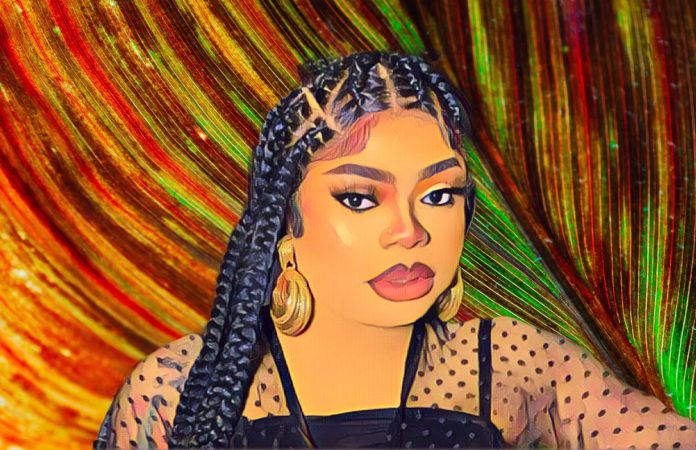Mixed reactions have ensued following the sentencing of controversial social media personality Idris Okuneye, popularly known as Bobrisky, to a six-month prison term by Justice Abimbola Awogboro of the Federal High Court in Lagos. This verdict, delivered on Friday, April 12, 2024, has ignited debates across various segments of society, reflecting divergent perspectives on the case and its implications.
Justice Awogboro’s ruling underscored the gravity of currency abuse and mutilation, emphasizing the need for deterrent measures against such actions. Notably, the judge posed a question about Bobrisky’s gender during the trial, to which the defendant affirmed his identity as a man. The sentence, devoid of any option for a fine, was decreed to commence from March 24, 2024, marking the day of Bobrisky’s arrest.
In the wake of the court’s decision, individuals from various spheres of influence have expressed contrasting opinions. Denola Grey, an actor, conveyed a sentiment of perceived injustice, suggesting that Bobrisky was being made a scapegoat for broader societal issues. He posited that underlying motives beyond the alleged crime were at play, insinuating a form of victimization against the controversial figure. Grey’s remarks, shared on social media platforms, resonated with a segment of the population that questioned the fairness of the sentence.
On the other hand, lawyer and activist Deji Adeyanju adopted a more pragmatic stance, advocating for leniency in sentencing based on Bobrisky’s status as a first-time offender. Adeyanju emphasized the importance of proportionality in law enforcement, particularly for victimless crimes like currency mutilation. He urged security agencies to exercise discretion in their approach, avoiding any perception of targeting individuals for reasons unrelated to the stated offenses.
Similarly, social media influencer and legal practitioner King Pexxie echoed concerns about the severity of the sentence, juxtaposing it with lenient outcomes observed in comparable cases. Pexxie’s commentary reflected a broader sentiment among those critical of what they perceived as disproportionate punishment for Bobrisky’s actions.
Conversely, Very Dark Man (VDM), another controversial figure in Nigeria’s social media landscape, expressed satisfaction with the court’s decision, albeit in a facetious manner. Employing sarcasm, VDM suggested a silver lining to Bobrisky’s predicament, humorously linking his release from prison with Nigeria’s Independence Day in October. This reaction, tinged with irony, underscored the polarizing nature of the case and its implications for public discourse.
Further perspectives emerged from social media users like Queensusz, who attributed Bobrisky’s conviction to broader societal norms and values. According to Queensusz, the sentence served as a manifestation of societal intolerance towards perceived moral transgressions, positioning Bobrisky as a cautionary tale for others.
Bobrisky himself, in a plea before the court, sought clemency and pledged to utilize his online platform for educational purposes regarding currency abuse. However, the judge dismissed his plea, emphasizing that ignorance of the law did not absolve individuals from its consequences.



